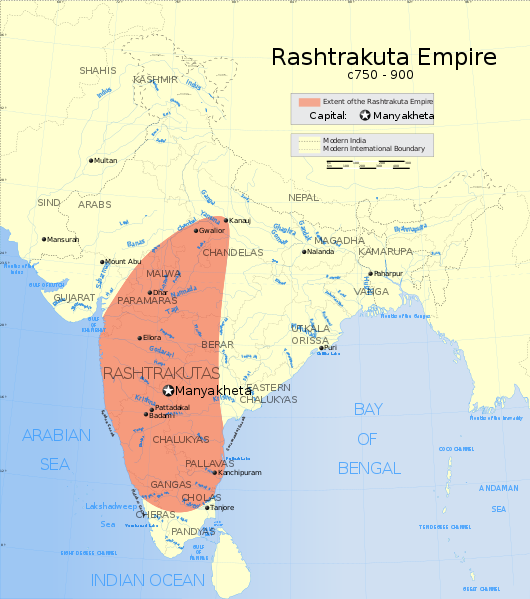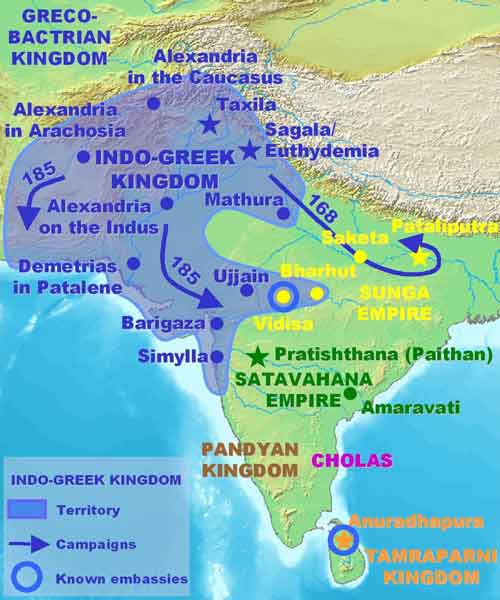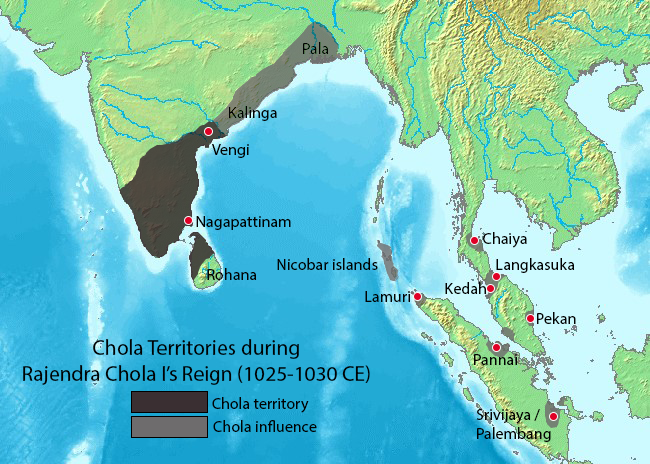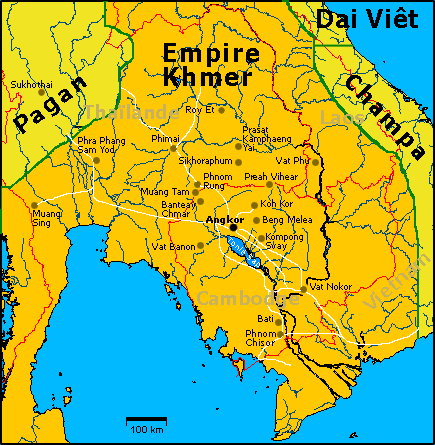Yes I'm aware of the drain of wealth from India to Britain, and the rest of the things that came with imperialism, but to pretend the British did nothing good is incredibly false. The simple fact is that they did more to unite, modernize, pacify, and better India than any previous empire ever had.
I wouldn't suspect Cheezy of wanting to exaggerate this, though in the last statement it's fair to say that Britain and India went through momentous changes together. British workers were often an 'exploited' lot too. It should be obvious that the degree of technology and organization which Britain clearly benefited from at the time, would also benefit her overseas colonial subjects. They created wealth together in a global market. But it was also able administration, that trumped over the rivalries of native states. Look at Africa pre-colonial and post independence, but somehow that gets blamed on 'colonialism' too.
. The British in particular borrowed extensively from the Mughal Empire's administration and civil service. The Mughals had the most sophisticated taxation system in the world and I believe somehwere around 85% of the population was taxed numbers unrivaled until the modern era. The British borrowed the the Zamindar system from the Mughals with the fedual landlords. Furthermore infastructure is something carried out by a numvber of Indian dynasties. THe Grand Truk ROad was built by Sher Shah Suri of Bengal, various irrigation projects and other infastructure developments were carried out extensively by many INdian empires.
You're giving credit to the British for knowing how to build upon the systems that the native dynasties had in place, they had a talent for that in colonial administration, and they used it to their advantage. That is better than destroying it isn't it ? Since you favor 'Indian' and especially Mughal history, of course they have great achievements over 300 years you can list. But in their first 150 years, I wonder if the majority of Indians considered Mughals 'Indians' ? The explorer/linguist Richard Francis Burton, for example supervised the reorganization of irrigation in the Indus Valley of the Sindh, work where he often got his hands dirty, before it was an official British 'protectorate'.
. Note the 1857 rebellion in which the rebels rallied around the Mughal Emperor as their figurehead. There was a reason for this, it was because the Mughals were seen as representatives of a united India, the rebels had a concept of what India consisted of and the fact they chose the Mughal Emperor as their figurehead shoows the powerful impact of the Mughals on Indian unification.
Maybe, in that unfortunate rebellion driven by a combination of caste privilege, and regional disparities, and triggered by the mistaken belief they were being forced to chew fat.
Wiki: On January 27 Colonel Richard Birch (the Military Secretary) ordered that all cartridges issued from depots were to be free from grease, and that Sepoys could grease them themselves using whatever mixture they may prefer.[20] This however, merely caused many Sepoys to be convinced that the rumours were true and that their fears were justified.
Anyway, it wasn't the Mughals that unified India or led its independence movement.
. Furthermore local economies were destroyed by the British so they could grow cash crops rather than food whicjh contriubted to the starvation. The famines didn't end until India gained independence and with the advent of the Green Reveloution. Clearly the British weren't all that capable.
This is in addition to the loss of GDP at one point India has a vast portion of the % of the world GDP by the end of British rule it was a mere fraction of a percent. That's a fall in absloute GDP not relative might I point out.
Comparing a relative share of the world's GDP from indeterminate different ages is invalid without considering what was going on in the world in general. A fall in absolute GDP from before to after the British ? I doubt it - prove it. I won't try to paint a picture that the British were there just to make life better in India, anymore than I would expect the Mughals were. Replacing one crop with another, more profitable one does not indicate an attempt to destroy economies, or cause famines. But in times of crisis, like a drought, it could lead to problems, for sure.
. THen the destruction of local economy in particular Indian mining, industry, weaving, and manufacturing were all destroyed so the British could reduce INdia to an agrarian resource colony so they wouldn't have to compete with it for manufacturing. India had a developed and sophisticated industry which was purposefully and systamatically eradicated for the benefit of Britian. The caste of miners, weavers, were all extinguished, and it was stated policy of the British to do this because they wanted to break the power of rthe local kingdoms who were able to use their vast mineral wealth to resist the British.
I have to say I wonder if the British controlled all sources of labour to that degree, or in fact was the Indian labour force making its own choices adopting to a new model. Who in fact, gets the credit for extinguishing the caste system ? With the Industrial Revolution India was much more than an agragrian economy, it had one of the biggest railway systems in the world, steel mills, shipyards, textile plants, and certainly, mines. But read to the end before you answer me.
Anyway the talk of 'British' a single entity is silly as the EIC and the Empire managed the subcontinent with very different goals.
Yes, and it is relevant that the rule of the EIC ended immediately after the Sepoy Rebellion, 150 years ago. In a way, it was the beginning of recognition of India's rights and priveleges as citizens of the British Empire.
Half the dynasties on the list didn't originate in India, and while I certainly agree with not calling British rule the 'greatest' time for India, I really don't see any native state doing that even a slightly better job...I mean, look at China's fun times 1800-1950...
Yeah, I guess fundamentally a lot of people can't accept the British as an Indian dynasty. If it was my nationality I probably wouldn't call it the greatest time either, but things could certainly have been worse.
The lack of an angry denunciation of the choice of the Euthydemids by anyone else is somewhat surprising.
Descendants of Greeks and Hellenized Indians took up the standard of Buddhism (which originated in India btw) and won the approval of the remnants of Mauryan culture when they conquered or liberated nearly half of India - dynastly lasted till the time of Christ. Too bad they can't really be considered 'Indian' either.
Elephant-scalp was pretty cool. Ptolemaios, Seleukos, and Alexandros all did it. Signified great conquests. There's also the enormous
Eukratides stater, minted by a man who was called 'the Great' for destroying the Baktrian Empire. Way to go jerkwad. Also one of the biggest coins in existence.

Dachs, you've been able to dodge this bullet entirely with your fascination in the Indo-Greeks.
What's there to even argue about? Mughals were Muslim foreigners who conquered India and the British were Christian foreigners who conquered India. Are they really Indian dynasties? No. But let's say they should be in as "Indian dynasties", you who have studied them should tell us what they did that made India great? The onus is on you considering you choose to ignore indigenous Indian achievements and pick foreign colonizers.
There is nothing wrong with praising the indigenous dynasties of India, the Harappan culture certainly had it on the ball, but after that it gets dicier determining who the indigenous dynasty is. I'm not saying that's the case here, but I'm finding it a prevalent mood to emphasize the virtues of original pre-colonization native cultures as if they should have remained in stasis forever. It seems to be driven by resentment at being 'colonized' and a need to overcome some inferiority complex, fueled by the play on controversy in the mass-media, and 20/20 hindsight centuries in to the past.
Yeah, clearly the homogeneous population of India can only count fellow Indians when choosing a "dynasty." Also, the homogeneous Chinese are silly in and their corruption of "dynasty" by having the foreign Yuan and the Qing. "Dynasty" must remain pure and true to its meaning, whatever it may be!
I chose the modern Indian state as the most successful dynasty. It is the world's largest functioning democracy despite the enormous diversity in language, religion, and cultures, and has achieved relative prosperity despite the enormous growing population (which could pose problems in the future, as elsewhere in the world) as well as high literacy and a skilled labor force. I think fellow Indians can be proud of that fact, but also able to acknowledge that some good things must have rubbed off during the long British stay.



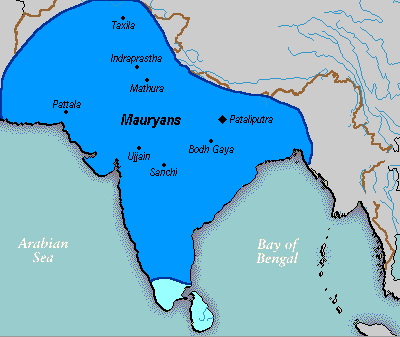




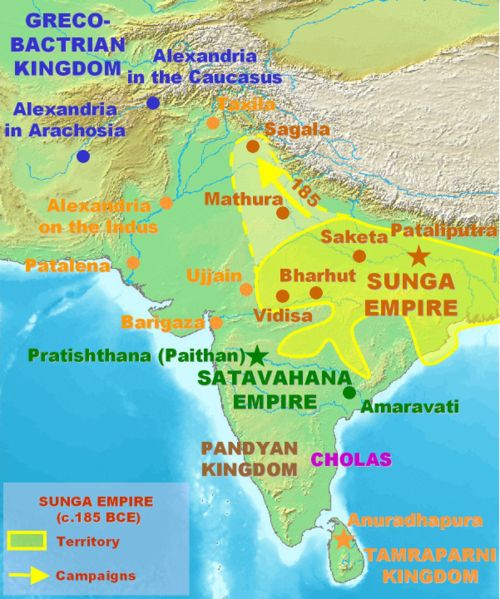
.gif)



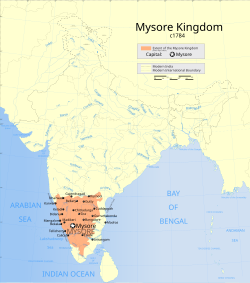
/Mapas%20Imperiales%20Imperio%20Durrani1.jpg)



